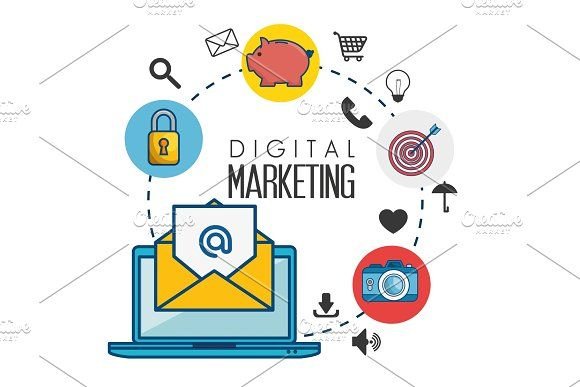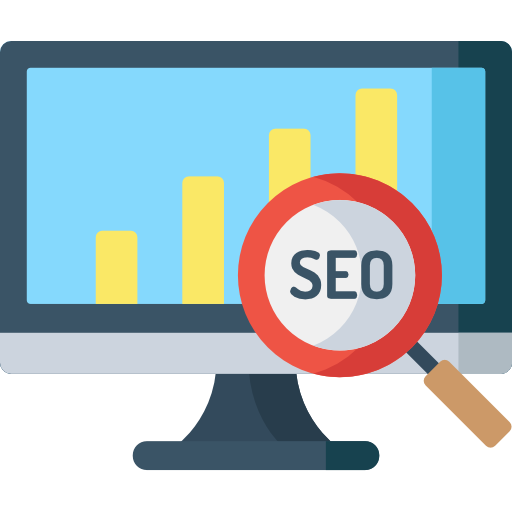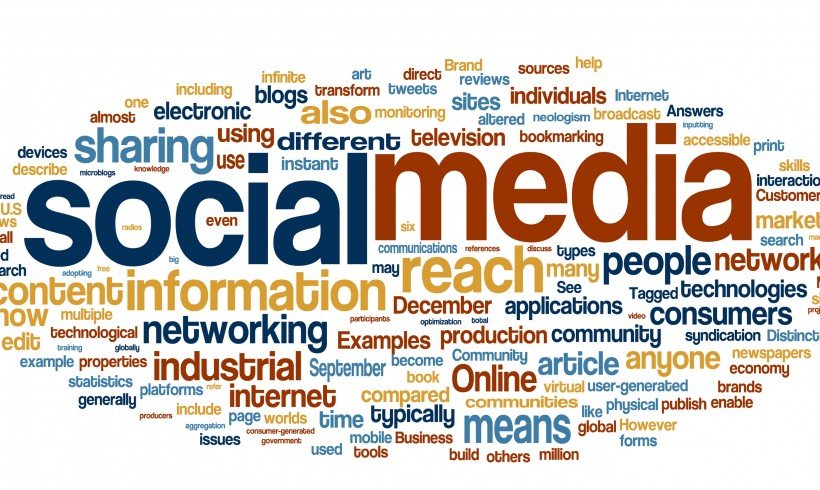Engaging Introductions: Capturing Your Audience’s Interest
In today’s rapidly evolving business landscape, digital marketing has emerged as a crucial element for businesses of all sizes and industries. As technology continues to advance and consumer behavior shifts, the role of digital marketing becomes ever more significant. This blog explores the importance of digital marketing and delves into its future scope, highlighting the key trends and innovations that are set to shape the industry.
The Importance of Digital Marketing
1. Global Reach and Accessibility
Digital marketing breaks down geographical barriers, allowing businesses to reach a global audience with ease. Unlike traditional marketing methods, which are often limited by physical constraints, digital channels enable companies to connect with potential customers from around the world. This accessibility is particularly important for small businesses and startups, as it provides them with a level playing field to compete with larger, established companies.
2. Cost-Effective Strategies
One of the most significant advantages of digital marketing is its cost-effectiveness. Traditional marketing methods, such as print ads, TV commercials, and billboards, can be expensive and may not always deliver the desired results. Digital marketing, on the other hand, offers a range of affordable options, from social media advertising to email marketing, allowing businesses to maximize their marketing budgets and achieve a higher return on investment (ROI).
3. Targeted Marketing and Personalization
Digital marketing enables businesses to target their audience with precision. Through data analysis and segmentation, companies can tailor their marketing messages to specific demographics, interests, and behaviors. This level of personalization enhances customer engagement and increases the likelihood of conversions. For example, personalized email campaigns have been shown to generate higher open rates and click-through rates compared to generic messages.
4. Measurable Results and Analytics
Unlike traditional marketing, where it can be challenging to measure the effectiveness of a campaign, digital marketing provides real-time data and analytics. Businesses can track key performance indicators (KPIs) such as website traffic, conversion rates, and customer engagement, allowing them to make data-driven decisions and optimize their strategies for better results. Tools like Google Analytics and social media insights offer valuable insights into consumer behavior and campaign performance.
5. Enhanced Customer Interaction and Engagement
Digital marketing facilitates direct communication between businesses and their customers. Social media platforms, email, and live chat options enable companies to interact with their audience in real-time, addressing queries, providing support, and building relationships. This level of engagement helps in fostering customer loyalty and trust, leading to long-term success.
The Future Scope of Digital Marketing
1. Artificial Intelligence and Machine Learning
Artificial Intelligence (AI) and Machine Learning (ML) are set to revolutionize digital marketing. AI-powered tools can analyze vast amounts of data to identify patterns and trends, enabling businesses to create more effective and personalized marketing strategies. Chatbots and virtual assistants, powered by AI, are already enhancing customer service and engagement by providing instant responses and support.
2. Voice Search Optimization
With the increasing popularity of voice-activated devices like Amazon Echo and Google Home, voice search optimization is becoming a crucial aspect of digital marketing. Businesses need to optimize their content for voice search to ensure they remain visible in search results. This involves focusing on natural language keywords and providing concise, informative answers to common questions.
3. Video Marketing and Interactive Content
Video marketing continues to gain momentum as one of the most engaging forms of content. Live streaming, explainer videos, and interactive content such as polls and quizzes are becoming essential tools for capturing audience attention and driving engagement. As technology advances, we can expect more immersive experiences, such as virtual reality (VR) and augmented reality (AR), to play a significant role in digital marketing.
4. Data Privacy and Security
As concerns over data privacy and security grow, businesses will need to prioritize transparent data practices and comply with regulations such as the General Data Protection Regulation (GDPR). Building trust with consumers by safeguarding their data and being transparent about its use will become a critical aspect of digital marketing.
5. Omnichannel Marketing
The future of digital marketing lies in creating a seamless and integrated customer experience across multiple channels. Omnichannel marketing involves coordinating efforts across platforms such as websites, social media, email, and mobile apps to deliver a consistent message and experience. This approach helps businesses build stronger relationships with customers and increase brand loyalty.
6. Sustainable and Ethical Marketing
As consumers become more environmentally conscious, businesses will need to adopt sustainable and ethical marketing practices. This includes promoting eco-friendly products, reducing carbon footprints, and being transparent about their sustainability efforts. Brands that align with consumers’ values and demonstrate a commitment to social responsibility will have a competitive edge in the market.
Conclusion
Digital marketing is no longer an optional strategy but a fundamental component of business success. Its ability to reach a global audience, provide cost-effective solutions, and deliver measurable results makes it indispensable in today’s competitive landscape. Looking ahead, the future of digital marketing promises exciting innovations and trends that will continue to reshape the industry. By staying abreast of these developments and adapting to changing consumer preferences, businesses can leverage digital marketing to achieve sustainable growth and success.



